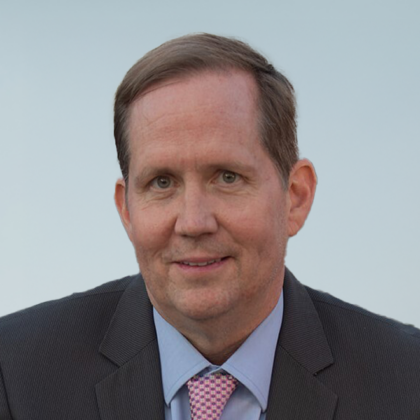Building the Backbone: How Saudi Arabia is Engineering the Innovation Ecosystem for a Digital Future

By Mike Cowles
CEO
Tradeshift
When I walked through the halls of Money20/20 Middle East in Riyadh, the energy was undeniable. The sheer scale of ambition was matched only by the urgency. In every conversation, whether with policymakers, fintech founders, or global investors, I could feel that Saudi Arabia is not simply participating in the global digital economy; it is intent on defining it.

This second piece in our three-part series on Saudi Arabia’s economic, technological, and digital transformation focuses on the execution layer: the infrastructure, talent, and innovation ecosystems that will determine whether the Kingdom’s bold vision becomes an enduring reality.
🌍 From Vision to Execution
Vision 2030 has captured the world’s imagination with its ambition. But ambition alone does not transform economies. What I saw in Riyadh suggests that Saudi Arabia is now firmly in the “building phase.” The foundations are being laid, in connectivity, skills, and entrepreneurship, to support a future in which the Kingdom is not just a digital hub for the Middle East, but a standard-setter for global commerce and supply chains.
🏗️ Digital Infrastructure: Building for Scale and Resilience
Saudi Arabia’s rollout of 5G networks, expansion of cloud and data centres, and investments in edge computing are impressive by any measure. These initiatives are not cosmetic, they are creating the low-latency, high-resilience backbone needed for AI-driven logistics, real-time payments, and next-generation B2B marketplaces.
Still, infrastructure alone is not enough. In conversations at Money20/20, concerns about interoperability and cybersecurity surfaced repeatedly. For Saudi Arabia to fulfil its global digital role, infrastructure must be not only world-class, but also trusted, secure, and globally compatible.
👩💻 Human Capital: The True Catalyst
Every digital economy ultimately rises or falls on its people. What stood out most in Riyadh was the visible commitment to developing talent at scale. Coding schools, university partnerships, and upskilling programs are expanding rapidly. The conversations I had with young founders reflected not just technical skills, but a striking shift in mindset, towards entrepreneurship, risk-taking, and global ambition.
Yet challenges remain. Building a digital workforce cannot be limited to IT specialists. The real transformation will come when logistics professionals, manufacturers, and supply chain managers across the Kingdom are equally fluent in digital tools. Bridging this gap between tech specialists and the wider economy must be a national priority.
🚀 Innovation Ecosystem: Energy, Capital, and Confidence
The startup energy at Money20/20 was infectious. I met fintech and logistics entrepreneurs who were not just replicating Western models but reimagining solutions for a uniquely Saudi context, from Sharia-compliant fintech platforms to AI-driven desert logistics.
Fueling this ecosystem are sovereign wealth funds, accelerators, and a government willing to take bold bets. But what struck me most was the confidence of Saudi founders. They are no longer talking about serving just the domestic market. They are building companies designed to scale globally, and fast
⚙️ Industry Adoption: From Pilot to Transformation
Saudi firms in logistics, energy, and healthcare are already experimenting with AI, blockchain, IoT, and automation. What is notable is not just the adoption of new tools, but the speed of scale-up. In Riyadh, I heard repeatedly about pilots moving to production in months, not years.
This is where Saudi Arabia’s “greenfield advantage” becomes clear. Without decades of entrenched legacy systems, companies can leap directly into the latest digital architectures. It’s an enviable position, and one that few Western economies enjoy.
⚠️ The Risks Ahead
No transformation of this scale is without risks. Skills shortages, regulatory complexity, and the need for robust data governance frameworks could slow progress. Cultural change is equally important: sustaining momentum will require not just infrastructure and investment, but also a continued shift towards openness, collaboration, and global interoperability.
At Money20/20, I sensed a keen awareness of these challenges among both government officials and private sector leaders. The willingness to confront them head-on may prove to be Saudi Arabia’s greatest advantage.
🔮 The Saudi Digital Decade
What I took away from Riyadh is this: Saudi Arabia is entering what I would call its Digital Decade. By 2030, the Kingdom will not only have modernized its own economy; it will have become a global proving ground for digital commerce, supply chains, and financial innovation.
If Part 1 of this series was about vision, Part 2 is about the hard work of execution. And make no mistake: that work is already well underway. For global investors, innovators, and supply chain leaders, the message is clear: engage now, or risk playing catch-up later.
